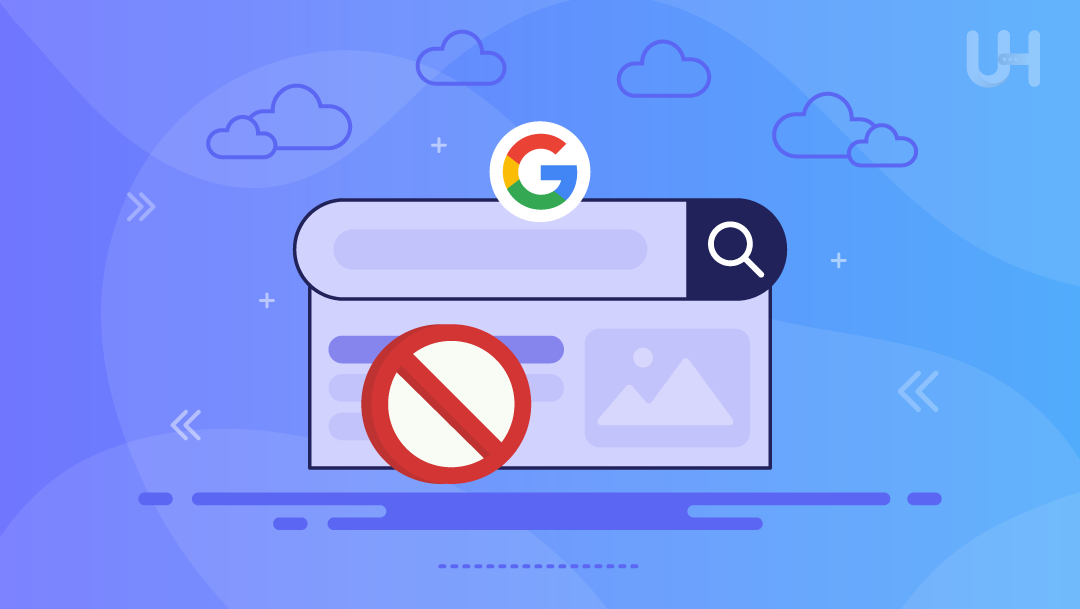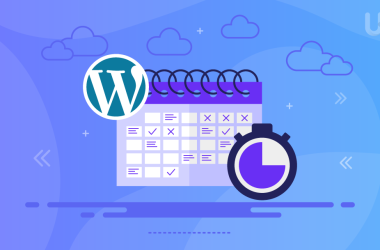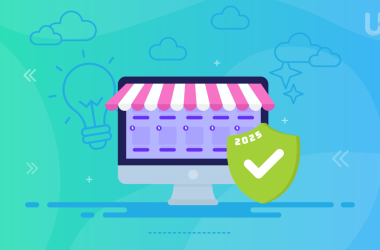In today’s digital landscape, having your website visible on Google isn’t just a luxury — it’s a necessity. Whether you run a blog, an online store, or a business website, Google serves as the gateway to your audience. But while many focus on getting better rankings, few realize how easy it is to make missteps that can get a site penalized or even banned altogether. When Google removes your site from its index, it doesn’t always give you a loud warning. Sometimes, your traffic drops silently, and recovery can be an uphill battle.
In this article, we will tell about top 10 mistakes that how to get banned from google , from free methods to long-term strategies for bringing real value to your website. After reading this guide, you’ll know what are the ten mistakes you should avoid that made your google website banned. Let’s get started!
1. Ignoring Google’s Webmaster Guidelines
This is the foundation of your relationship with Google. The Webmaster Guidelines (now called Search Essentials) are a set of best practices and rules every site owner should follow.
If your site breaks these guidelines whether intentionally or by accident you could face a penalty. This includes things like deceptive redirects, thin content, or unnatural links. Too many violations can result in your entire domain being removed from search results.
To avoid this do regularly review Google’s official guidelines and audit your site for compliance.
2. Using Black Hat SEO Techniques
There’s a clear difference between strategic SEO and manipulative practices. Black hat SEO tactics such as keyword stuffing, cloaking, and doorway pages might give you a temporary ranking boost, but Google’s algorithms are designed to catch and penalize them.
Before experimenting with aggressive SEO tactics, make sure you understand the long-term risks UltaHost’s SEO guide for WordPress websites offers practical tips to boost your ranking the right way.
Once your site is flagged for shady tactics, regaining trust is difficult.Anything that tries to trick the algorithm instead of serving users the short-term gain is not worth the long-term consequences.
3. Hosting Plagiarized or Duplicate Content
Google rewards original content. If your site contains large chunks of text copied from other sources, or you reuse the same content across different pages without any added value, you’re likely to get penalized.
This includes auto-generated content or spinning tools that create slightly modified versions of existing articles. Always aim to create fresh, helpful content that reflects your unique voice and perspective.
4. Buying or Exchanging Backlinks
Link-building is a cornerstone of SEO, but how you do it matters. Buying backlinks or participating in “link exchange” schemes violates Google’s link spam policy.Google can now detect unnatural link patterns using machine learning. A sudden spike in low-quality backlinks can lead to a manual action or complete delisting.
You should focus on earning links through quality content, guest blogging, and partnerships — not shortcuts.
5. Overloading Your Site with Ads and Popups
User experience is a core part of how Google ranks websites. If your site bombards visitors with popups, autoplay videos, or full-page interstitials that cover your content, it can trigger a negative response from both users and Google. In some cases, this can lead to a penalty under Google’s page experience update, especially on mobile devices. A cluttered layout and intrusive popups can push users away — this UltaHost article on common website errors covers design mistakes that affect both SEO and user experience.
Keep in mind that Ads are fine but balance is key. Make sure users can access your content easily and without frustration.
Looking for an Easy Way to Create Your Website?
If simplicity and quick setup are what you need, a website builder might be the perfect choice. With a user-friendly interface, you can get your website up and running in no time. Explore the Ultahost Website Builder and start building your site with ease today!
6. Letting Your Site Get Hacked or Infected with Malware
Security is a big deal. If your site is hacked and starts redirecting users to spammy or malicious pages, Google will quickly deindex it to protect users.
Even if the hack is unintentional, your site can still be flagged with warnings like “This site may harm your computer,” which destroys credibility and traffic. Weak security can lead to malware attacks and blacklisting, learn our guide to know about hacker attack tactics and how to protect your site effectively.
These are the Prevention tips to avoid this mistake:
- Set up firewalls and enable SSL encryption.
- Use strong passwords.
- Keep your CMS and plugins updated.
7. Hiding Text or Links from Users
Some site owners still attempt to manipulate rankings by hiding keywords or links using CSS tricks — like making text the same color as the background or placing links behind images. Google’s crawlers are smart enough to identify this tactic, and it’s considered a serious violation.
If something is hidden from users but shown to Google, that’s a red flag.
8. Creating Low-Quality Content
If your site consists mainly of content that adds no real value such as short, vague articles, pages filled with affiliate links, or generic information easily found elsewhere Google may consider it unhelpful.
Such sites often fail to meet the criteria of the Helpful Content Update, and over time, they lose visibility or get removed from the index entirely. It will made you banned from google screen.
Don’t write for algorithms. Write to answer real questions, solve problems, and offer insight that only you can provide.
9. Abusing Structured Data (Schema Markup)
Schema markup helps search engines better understand your content, but using it incorrectly can backfire. Some websites try to manipulate search results by adding fake reviews, incorrect event details, or misleading authorship tags. Google may remove your rich results or even apply a penalty if your schema markup is misleading.
The rule of thumb is to use only structured data to reflect real, visible content on the page.
10. Using AI Content Without Oversight
Although tools that generate content using AI are growing in popularity, Google emphasizes the importance of useful, people-first content. If your site is filled with machine-generated text that lacks value, coherence, or originality, it could trigger a penalty.
Writing for both users and search engines requires balance, read about writing tips for content optimization to explain how to structure SEO-friendly articles that still feel human.
Many AI tools produce factual errors that can harm user trust and Google takes content quality seriously. If you use any content tools, always edit thoroughly. Add human insight, fact-check details, and polish the tone.
Conclusion
Getting banned from Google isn’t something that happens randomly. It’s usually the result of crossing clear boundaries knowingly or unknowingly. What may seem like a clever SEO trick today could be your downfall tomorrow. The good news is that staying in Google’s good graces isn’t about following every trend or gaming the system. It’s about building a trustworthy, valuable, and secure website that puts users first.
This guide will help you to avoid how to get banned on google. Focus on authenticity, transparency, and helpful content. Avoid shortcuts, play by the rules, and regularly audit your site for compliance. That’s the best way to protect your digital presence and ensure that Google continues to trust and reward your website for the long haul.
If you’re exploring flexible hosting solutions, check out Ultahost VPS hosting for affordable and reliable options that meet your growing business needs. Whether you need scalability, security, or better SEO rankings, a VPS Server can make a big difference.
FAQ
What does it mean when a website is banned by Google?
It means your site is completely removed from Google search results. Users won’t be able to find your pages via Google.
How can I tell if my website is banned or penalized?
Search site:yourdomain.com if no pages show, it may be banned. Google Search Console also displays manual penalties.
Can I recover from a Google ban?
Yes, but only after fixing all violations and submitting a reconsideration request. It may take several weeks to restore rankings.
Is AI-generated content a reason for penalty?
Only if it’s low-quality or unhelpful. Google focuses on value, not how content is created.
Why does Google penalize bought backlinks?
Paid links manipulate rankings unfairly and violate Google’s link spam policy.
What is considered thin content?
Thin content is shallow, unoriginal, or lacks useful information like short or duplicate articles.
How often should I audit my website?
At least once every 3 months to fix SEO, security, and content issues proactively.








